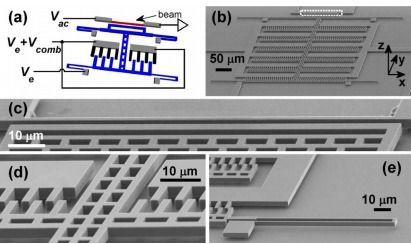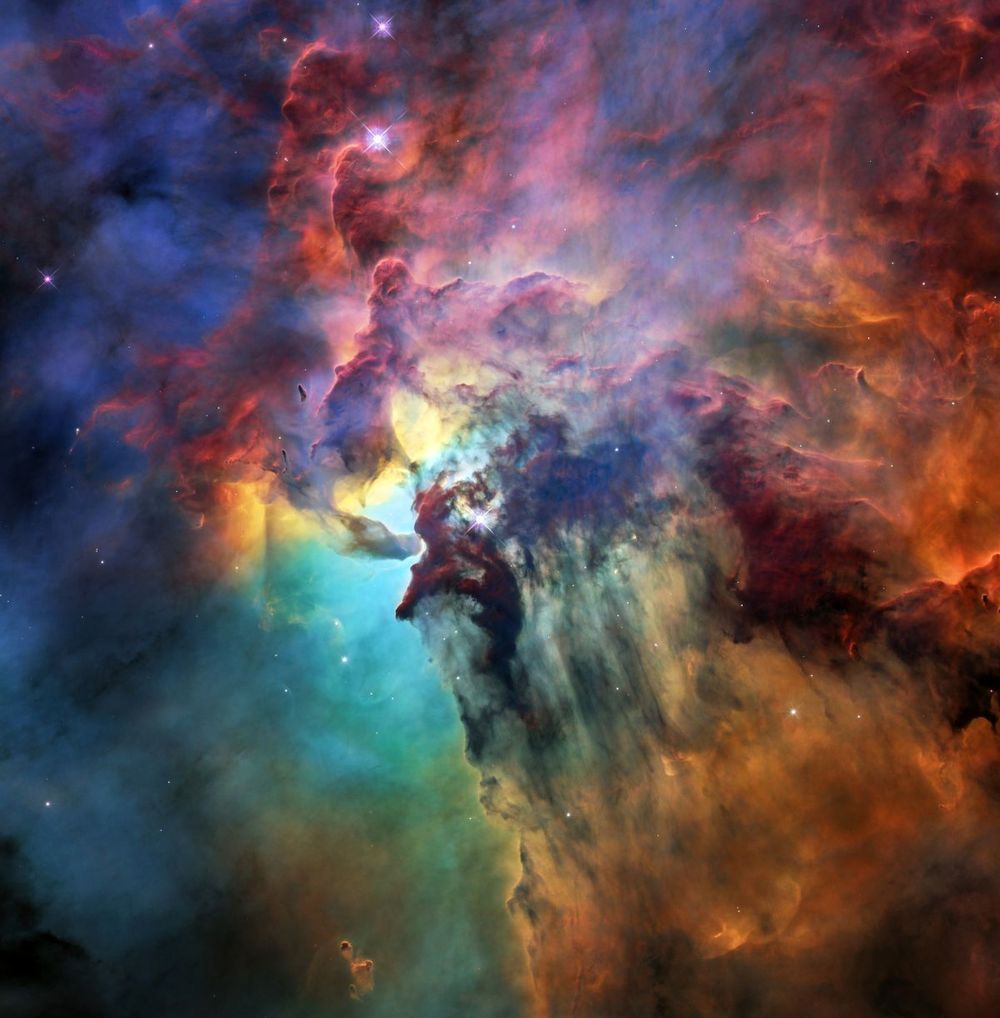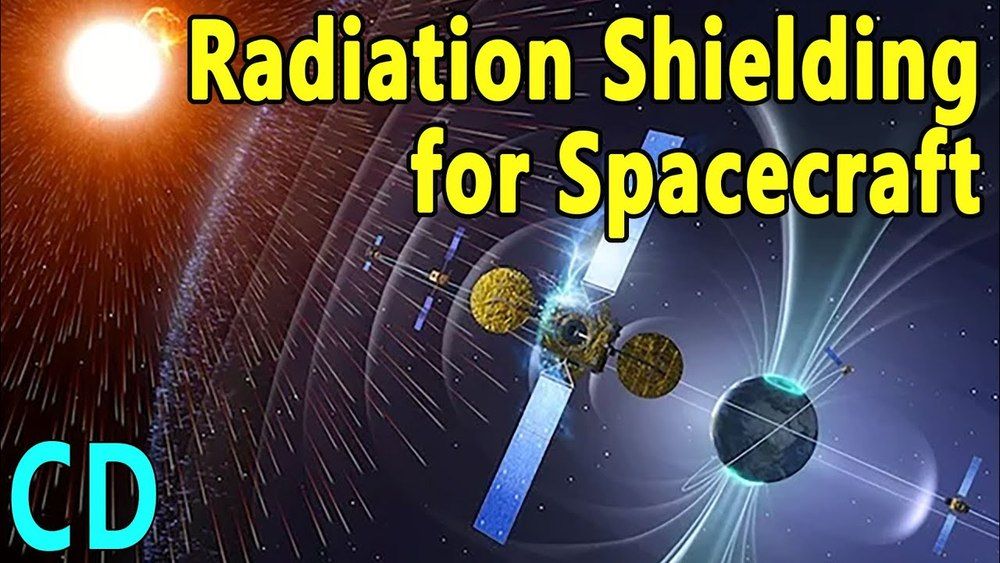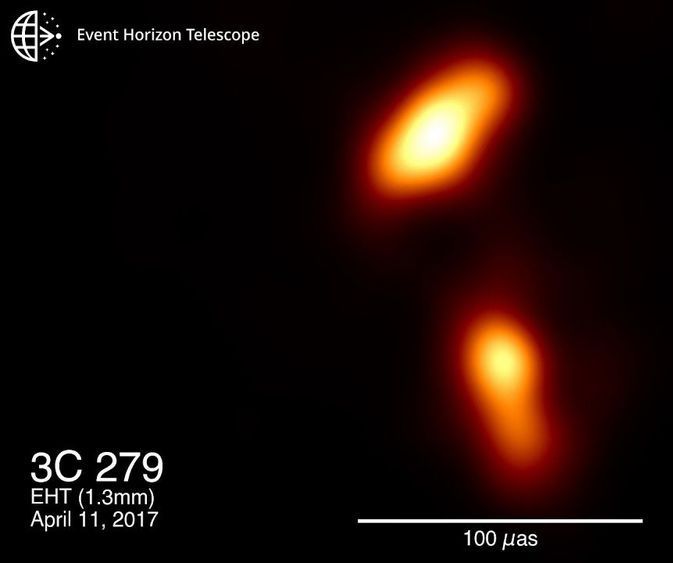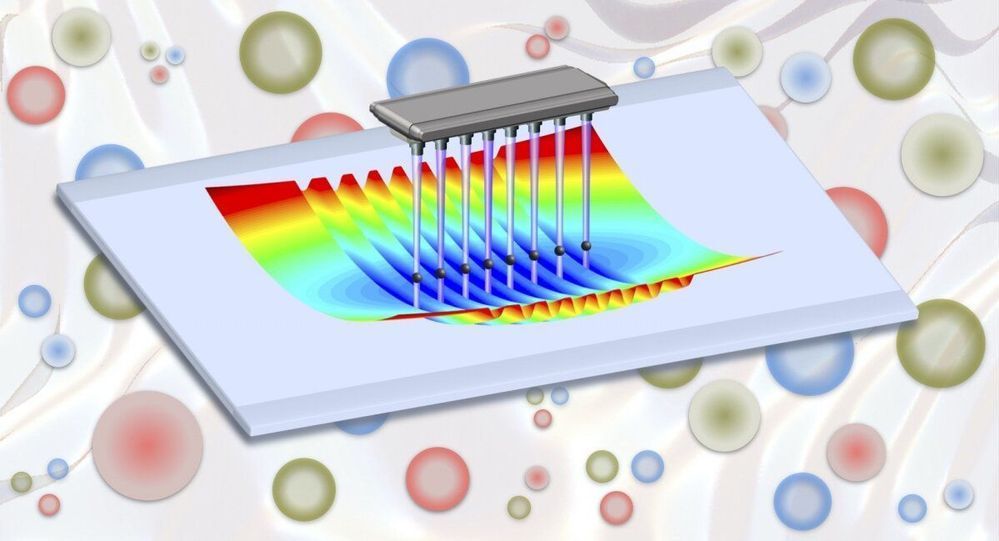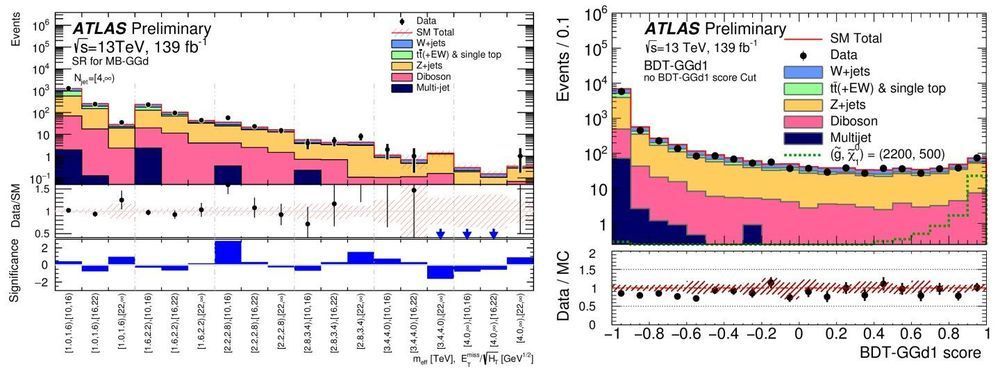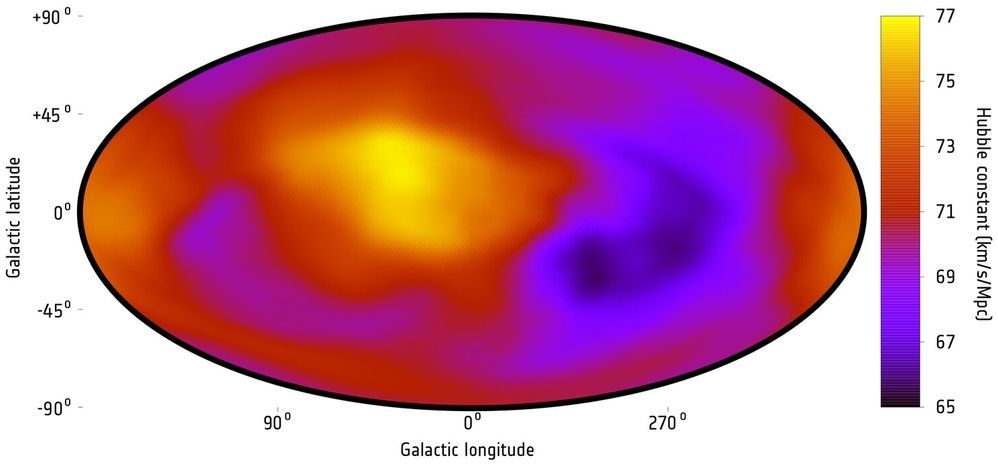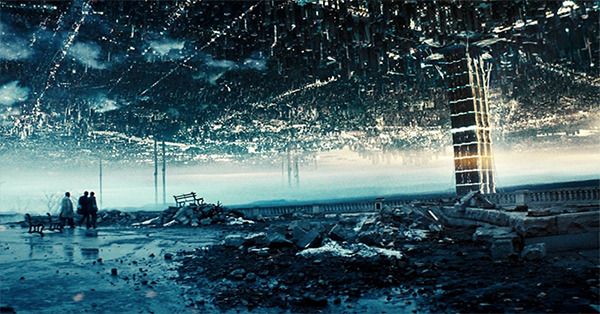Apr 14, 2020
Engineers Unveil First Casimir Chip That Exploits The Vacuum Energy
Posted by Quinn Sena in categories: computing, cosmology, quantum physics
Could be made into a generator of some kind :3.
One of the strangest effects to arise from the quantum nature of the universe is the Casimir force. This pushes two parallel conducting plates together when they are just a few dozen nanometres apart.
At these kinds of scales, the Casimir force can dominate and engineers are well aware of its unwanted effects. One reason why microelectromechanical machines have never reached their original promise is the stiction that Casimir forces can generate.
Continue reading “Engineers Unveil First Casimir Chip That Exploits The Vacuum Energy” »
